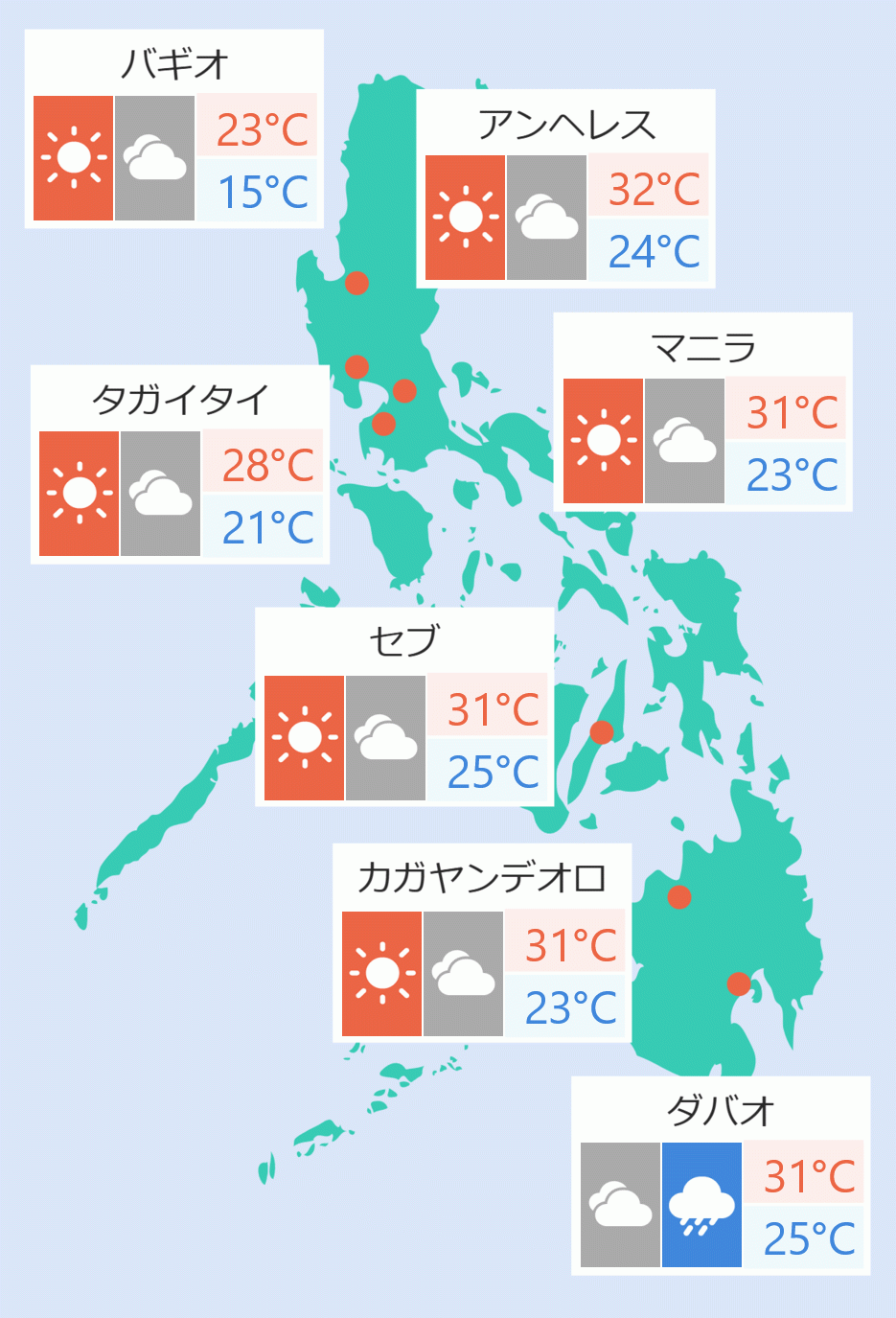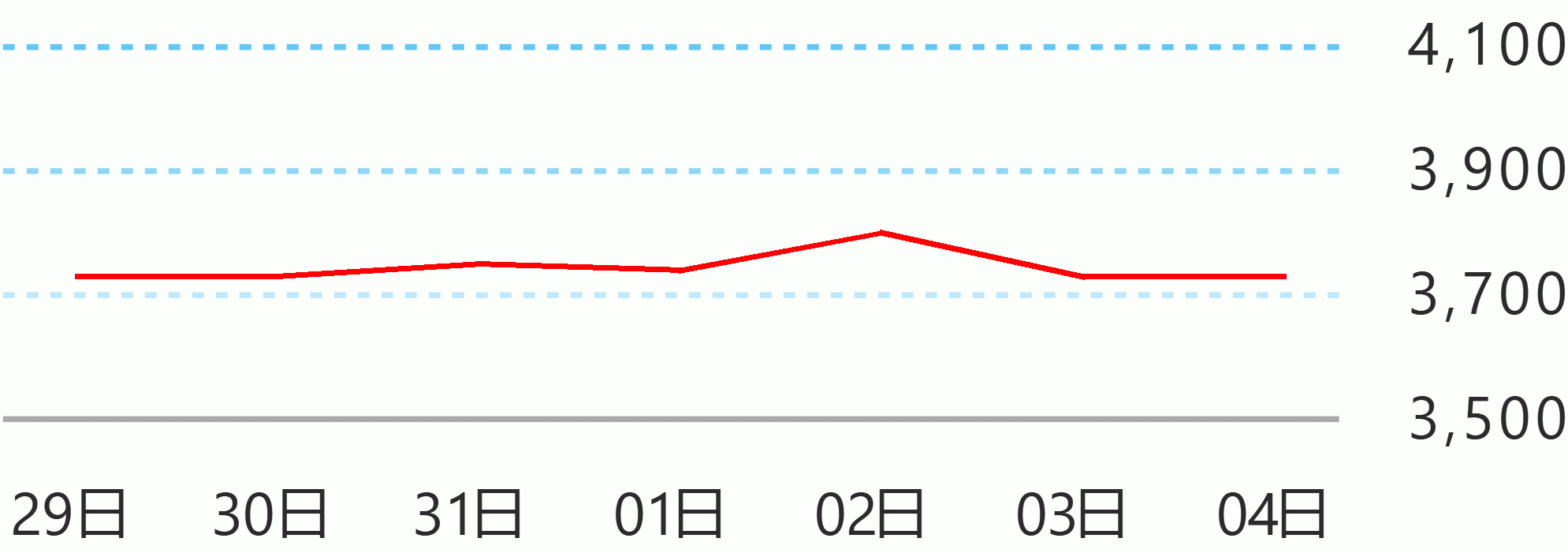The Department of Education (DepEd) said children attending face-to-face classes do not have to be vaccinated against COVID-19, but they would encourage them to be inoculated.
During the ''Laging Handa'' virtual public briefing Education Secretary Leonor Briones said no COVID-19 infections were recorded among more than 15,000 students who joined the pilot testing of face-to-face classes in 2021.
"Not necessarily, It's not required. (Vaccination) is voluntary because it is the parents who will decide on that but of course we will encourage them," she said.
Briones said as of March 1, a total of 4,295 out of 6,213 schools were conducting face-to-face with blended learning. Seventy six are private schools.
Briones noted that DepEd required teachers who will join face-to-face classes to be vaccinated.
"But teachers, like any citizen who goes to a public institution, have of course, to show a negative result of COVID test, antigen for NCR and for the other places, perhaps an RT-PCR," she said.
"It is mandatory for those who will go into our school premises for whatever they're going to do. For those who are to work at home, their outputs will be closely monitored. And if they go to school, then just like any other public institution visited by the public they need to either have a negative RT-PCR or Antigen depending on the requirement," she added.
Briones said despite progressive expansion of face-to-face classes, online or blended learning will continue and physical classes in schools will last for less than six hours.
"If you mean full face-to-face of six hours, eight hours that the teacher and the students are having face-to-face classes, that is not possible to happen," she said.
"All the countries that we are monitoring, especially the states that we admire, no longer have a notion of what we call the full face-to-face. They always have a blended component, because we are preparing our children for technology, for science, for mathematics when they go out into the world," said Briones.
"Face-to-face is part of blended learning. We are not giving up blended learning but we are emphasizing as well the importance of face-to-face within the framework of consciousness as Filipinos and having our own culture, our own history and our sense of identity," she added. Robina Asido/DMS





 English
English







